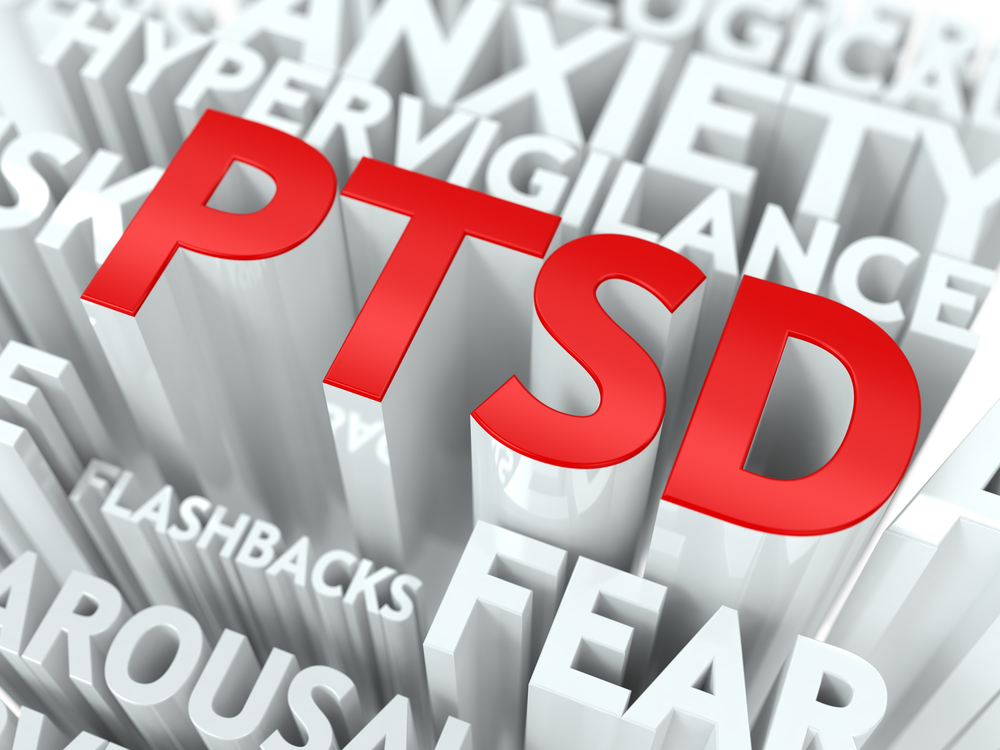Post-traumatic stress disorder, or PTSD, is a mental health condition that can be triggered by exposure to traumatic events and has some serious side effects. The symptoms start after the person has experienced the traumatic event, and the brain goes through neurochemical changes that affect how you feel. The principal thing about PTSD is that it doesn’t just go away. Many people go through a traumatic event, but it’s what happens after that makes it PTSD.
The problem is that it isn’t always easy to spot the indicators of this disorder as PTSD symptoms appear a few weeks or months after the event happened and physical reactions manifest in the later stage. This leads many people to ask, “How can you tell if someone has PTSD?”
Whether it’s someone you love or yourself, here is more on what you need to know about Post Traumatic Stress Disorder. We’ll look at the effects and how to get help from our residential PTSD treatment center.

Post Traumatic Stress Disorder has distinct effects, and there are many. They can range from nightmares and flashbacks to cognitive delays. Some people who develop PTSD from sexual assault had eating disorders or experience minimized verbal memory capacity. The fourth edition of the Diagnostic and Statistical Manual of Mental Disorder (DSM-IV) showcases approximately 18 key signs of PTSD. The thing is, everyone is unique. That means while one person may get a few of the effects, someone else may get entirely different effects. It is also uncommon for someone to have all 18 signs.
There are five categories of PTSD symptoms, known as clusters. In the past, researchers shared three categories. Yet, in an updated version of DSM, they changed it to five. These five categories are:
The trauma exposed the person to life-threatening severe illness or injury. Threatened or actual violence or injury happened. In this cluster, doctors require one of the following.
This is when the person who experienced the traumatic event relives it through their thoughts and memories. In this section, therapists require one of the following symptoms.
This is when the individual tries to avoid all thoughts of the traumatic event or trauma. This cluster requires one of the following.
This cluster requires two of the below mood symptoms.
Call now to be connected with one of our friendly, helpful admissions specialists.
In this section, therapists require two of the following arousal symptoms of PTSD. This cluster happens when the individual is easily reactive to experiences. Think of someone easily startled or hypervigilant.
In all the sections, the individual must be experiencing symptoms that last at least 30 days. They also must have symptoms that cause functional impairment or distress.

Having a mental health professional diagnosis is crucial, yet there are signs that someone is suffering from PTSD. These signs alert you to something being wrong, even if you’re not aware of the trauma the person experienced.
The eight most common indicators of Post Traumatic Stress Disorder are:
The American Psychiatric Association’s criteria for PTSD include those eight criteria. And by their rules, you must meet all eight of them to get a PTSD diagnosis. Fortunately, we can help you with treatment after a PTSD diagnosis.

For anyone suffering with PTSD, mental health treatment is crucial. PTSD causes devastating effects that harm the person’s well-being and those around them. While it affects relationships and mental well-being, it also causes physical and health issues.
According to Very Well Mind:
Studies have found that compared to those without PTSD, people with PTSD are more likely to experience health problems including:
A PTSD treatment center uses a variety of tools to ensure better healing. Many of those methods involve psychotherapy, which is essential for addressing the deep-seated emotional wounds caused by trauma. Other approaches include holistic treatments, medication, and even equine therapy, which has shown promising results for individuals struggling with PTSD. At Transformations Mending Fences, this personalized care is accessible to more individuals, as we are in-network with major insurance companies including Compsych Mental Health Insurance, making it easier for those in need to receive the comprehensive addiction and mental health treatment they deserve.
Transformation at Mending Fences is a trusted mental health treatment clinic in Morriston FL. Offering residential mental health treatment and PHP rehab for those who develop PTSD, addiction, and other mental health problems. If you or a person you love has difficulties with post-traumatic stress disorder, reach out to us so we can help.